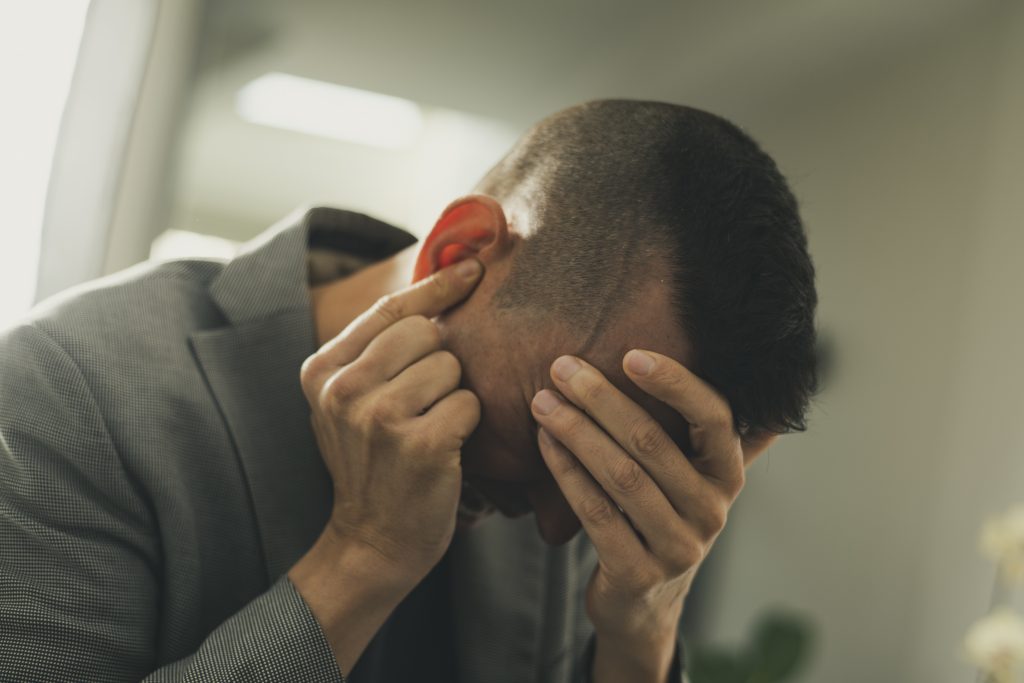Psychotic Disorders: What are They?
Psychotic disorders are severe mental health issues that effect the mind and one’s thinking patterns and perceptions. Some of these disorders include and schizoaffective disorder. Psychosis can also occur in bipolar disorder, in people with brain tumors, and be drug-induced.

Symptoms
The most common symptoms of psychotic disorders include hallucinations, delusions, distorted thought patterns, unusual our slow movements, incoherent speech, loss of interest in things such as preferred activities and maintaining personal hygiene, withdrawal, anxiety, depression, and disturbances in sleep patterns.
Treatment
There are several types of treatment for psychotic disorders. The most common is medication. Usually, those with this disorder are prescribed anti-psychotics. Along with medications, patient’s can greatly benefit from different forms of talk therapy. Some of these include cognitive behavioral therapy (CBT), dialectical behavioral therapy (DBT), and psychotherapy. During severe episodes, hospitalization is sometimes necessary in order to stabilize their condition.
Causes
The specific causes of psychotic disorders are not well-known but there are a few factors scientists understand that make one more likely to develop one of the disorders. Psychotic disorders often times run in the family. If you have a close family member who has a psychotic disorder you are at a higher risk of developing one. However, the exact reasons genetics are involved in the development of psychotic symptoms is not well understood. Brain development and structure also play a large part. The brains of those with psychotic disorders show a marked reduction of gray matter as opposed to those without the disorder. Some types of epilepsy and stroke can also lead to psychotic symptoms.
Outlook
There is no cure for psychotic disorders but, they are very treatable. Staying on a regular medication routine and continued attendance to therapy sessions is extremely important. Close and continued monitoring of the condition by a qualified psychiatrist is also needed. Although many people will never fully recover from their disorder compliance to treatment can greatly increase the chance that a person suffering from this illness can live a normal and productive life.
Please contact us if you would like more information.
